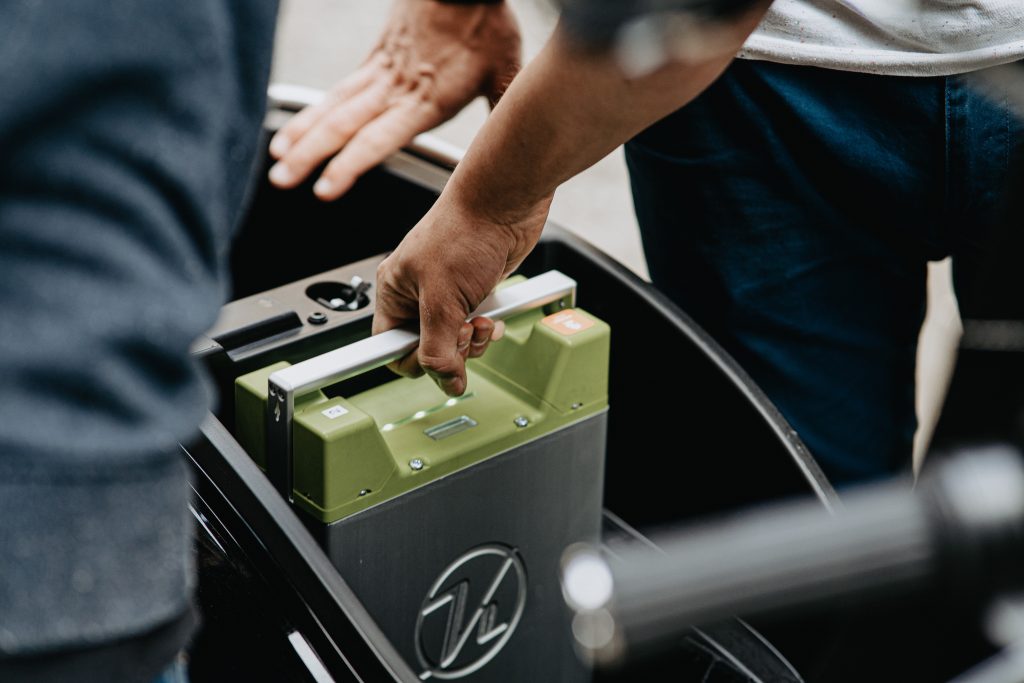Written by Ivan Sedgwick
The decarbonisation agenda is throwing up opportunities in a number of areas. Fuel cells have been a success story for AIM, and there is no shortage of other ways of investing in the transformation of the energy sector. We thought it would be interesting for investors to mention some developments in battery technology. Better and cheaper batteries are vital for transport and for energy storage.
The pace of activity in the battery sector is clearly hotting up. On the one hand, the competition for reserves of lithium has become politicised in a number of ways. The rest of the world has woken up to China’s tightening grip on reserves. Not only does China have the largest reserves in the ground, Chinese companies are also hoovering up reserves elsewhere. In December 2021, Huayou Cobalt paid $422m for the Arcadia mine in Zimbabwe, buying out the Australia-listed controlling shareholder Prospect Resources and the minority shareholders. UK listed Bacanora, with mines in Mexico, was taken over by Ganfeng in December 2021.
Given the pace of expansion of demand for electric cars, this is hardly surprising. Lithium batteries are however not the only potential solution, and they do themselves present problems. Lithium mines are in many cases located in high-risk countries, and lithium mining in the Democratic Republic of Congo has been linked to modern slavery and child labour. They are also not without technical drawbacks, presenting a fire risk in certain circumstances. It is therefore unsurprising that we are seeing a stepping up of investment in alternatives.
Sodium batteries are potentially very interesting: sodium is extremely easy to obtain. They are inherently stable as regards fire risk. They have however presented problems of durability, whereby the anode has deteriorated relatively quickly, and this has stopped development in the past. Within the UK we are aware of two companies working on new versions of this technology. One, Faradion Limited, a Sheffield University spinoff, was bought for $100m by India’s Reliance Industries only last week. The Indian press has been very excited by this, seeing it as a move to reduce dependence on China, and saying that Reliance would build sodium giga-factories – in India, naturally. Certainly we should look to India as a major source of demand for electric transportation, given the acute pollution problems in cities such as Delhi. The lightweight electric motor company, Saietta Group Plc, which was listed on AIM in July 2021, came to the market partly on the back of the interest shown in its motors by the extensive Indian motorcycle industry (though since its listing the company has also made progress with delivery vehicle companies). We recently visited a Lancaster University spin-off called LiNa Energy Limited which had closed a £3.5m funding round (LGB did not participate, but we shall stay in touch with them and consider participating when they next raise money). Of course, this is not a UK monopoly: for example Natron Energy, Inc in California is already offering sodium batteries for data centres, using lithium battery production lines. Another Californian company, Bluetti Power, Inc has started offering sodium ion-based solar power generators.
We recently introduced an AIM IPO of an Australian-based company, Gelion plc, to investors*. Gelion is working on a different technology, Zinc Bromide batteries, which are particularly suitable for stationary storage applications, and for applications with regular charge/recharge cycles such as public transport. The raw materials are cheap and they do not operate at high temperatures. They have garnered a lot of interest from potential partners. The IPO was oversubscribed and the share price traded up from 145p (IPO price) to a high of 270p – but is now (11 January 2022) trading just below the original offer price.
Another emerging technology is the use of capacitors for energy storage. Superdielectrics, based near Cambridge, announced last year that they were looking to list on AIM, and published a pathfinder in November but the deal does not seem to have happened yet: possibly there was some resistance to the original price indication of £500m pre-money!
It seems plausible that we will see a similar trajectory in batteries as we have seen in fuel cells, whereby larger companies try to take stakes to get access to emerging technology (indeed, ABB are mentioned on Natron’s website). However, the added political dimension may also lead to a land-grab. We shall continue to look for opportunities in this area.
*LGB & Co. was not a placement agent in this transaction.














